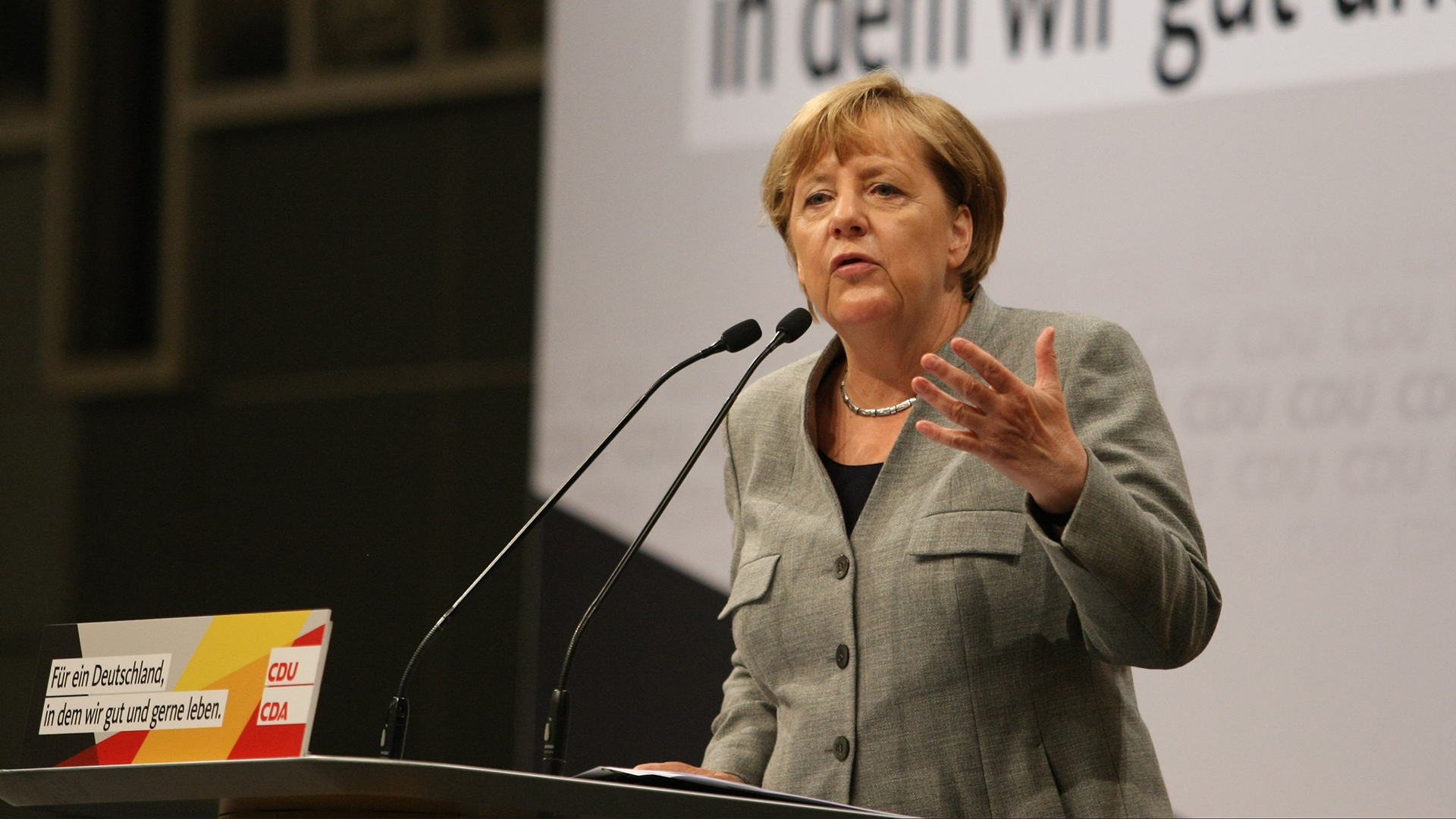

Germany can’t seem to decide if it really wants to ban the internal combustion engine (ICE), despite the back and forth rhetoric of auto manufacturers, environmentalists, and economists. After a vacation, Chancellor of Germany Angela Merkel confirmed the country’s eventual plan for the discontinuation of the ICE, partly due to the looming emission scandals that seemingly keep originating from German automakers, according to Reuters.
Manufacturers are worried about their hard work flying out of the window if Germany were to fall in line with France and ban the traditional fossil-fuel based engine. Even after agreeing that they must collectively do something to reduce emissions, the manufacturers continue to be surrounded in diesel-related scandals. It appears that this has finally taken its toll on the German government, as Merkel announced the need for her country to follow in the footsteps of other European nations and ban new diesel vehicles from being sold in their footprint. The tipping point in the decision (which has been in talks since late 2016) finally occurred among increased pressure due to regulatory fraud by automakers.
“I don’t want to name an exact year,” […] but Britain and France’s plans to phase out internal combustion-driven cars by 2040 “were the right approach”, Merkel said.
The downside to this decision is that many automakers still call Deutschland home. In fact, the auto industry accounts for Germany’s largest export and economic stimulation. Thanks to the poor response from automakers about their emissions scandal, more than 800,000 jobs are at risk while Germany decides how to finally make the transition away from the ICE and towards more modern electric cars. Some companies, like Volkswagen and BMW, are already adopting the change. Earlier this year, BMW announced its intentions to heavily shift production to electric-powered cars, and Volkswagen announced four new all-electric models which would be coming to market in the next eight years, something which it is calling “Together 2025.”
Meanwhile, the government still believes that consumers got the short end of the stick, demanding trade-in bonuses, software upgrades, and other mandatory recalls to fix the emissions-related issues that the automakers did not deliver as promised. Merkel wants to ensure that even if automakers are punished, consumers are not because of their choice to purchase the vehicles in good faith.
Germany feels that their role in this transition is to ensure that the infrastructure is there to support the changeover in technology. This might include an influx of new fast-chargers and destination-chargers for urban environments, as well as a reduction in the number of fuel stations around the country as a result. Additionally, as many of the 800,000 auto industry jobs must be preserved in hopes that the sudden change will not negatively affect the economy. With a thorough, measured approach, Germany vows to help the country move to an electric future.